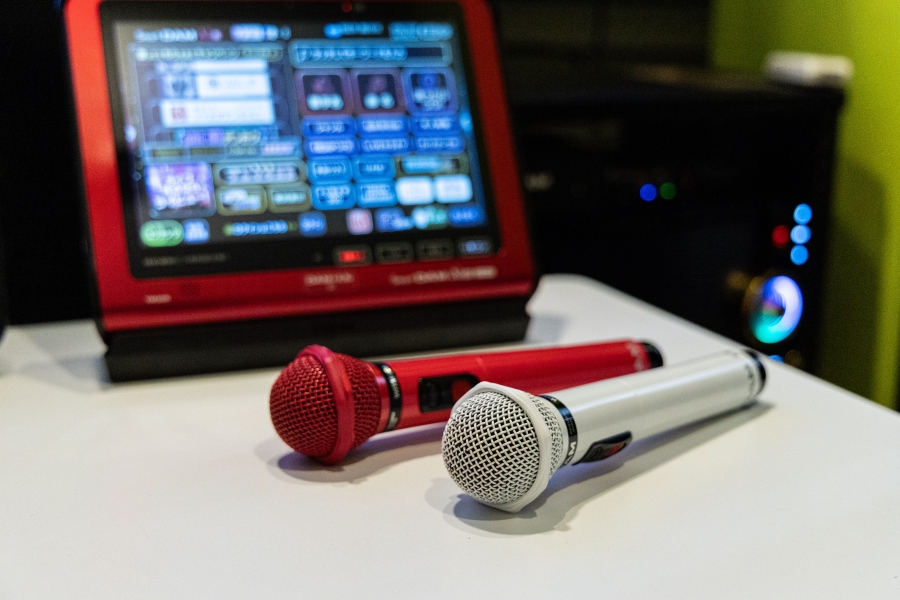A Guide to Japan’s Karaoke Culture

Did you know the word karaoke is Japanese? It comes from “kara” (empty) and “oke” (short for orchestra), literally meaning “empty orchestra.” What started in Japan in the 1970s has now become a worldwide pastime, but the experience of karaoke in Japan remains unique and deeply cultural.
1. Private Karaoke Rooms
Unlike many Western countries where karaoke is performed on a stage in front of strangers, Japan popularized the private karaoke room (karaoke box). These cozy rooms let groups of friends, families, or even solo singers enjoy music without worrying about an audience.
2. Food and Drinks Service
Karaoke in Japan is more than just singing—it’s a full social experience. Most karaoke boxes offer an extensive menu of drinks, snacks, and even full meals. It’s common to order food and sing for hours, making it a popular choice for parties and after-work gatherings.
3. All-Night Entertainment
Many karaoke places in Japan are open 24 hours, especially in big cities like Tokyo and Osaka. For people who miss the last train, karaoke is often the go-to option for spending the night. Some places even have all-you-can-drink (nomihodai) packages.
4. Song Selection
Karaoke machines in Japan boast huge song libraries, including Japanese pop, rock, anime songs, and international hits. Touch screens and tablets make it easy to search by artist, genre, or even by humming into the mic.
5. Special Features
Modern karaoke systems come with scoring functions, letting you compete with friends to see who sings best. Some machines also offer voice effects like echo or pitch correction. There are even cosplay-friendly karaoke spots where you can dress up as your favorite anime or idol character while singing.
6. Karaoke for Everyone
In Japan, karaoke isn’t just for the young. From students to office workers, families, and retirees, people of all ages enjoy it. Solo karaoke (hitokara) has also become a trend, allowing individuals to sing without pressure.
✨ Whether you’re visiting Japan for the first time or returning for another trip, experiencing karaoke here is a must. It’s not just about music—it’s about connecting, relaxing, and having fun the Japanese way.


